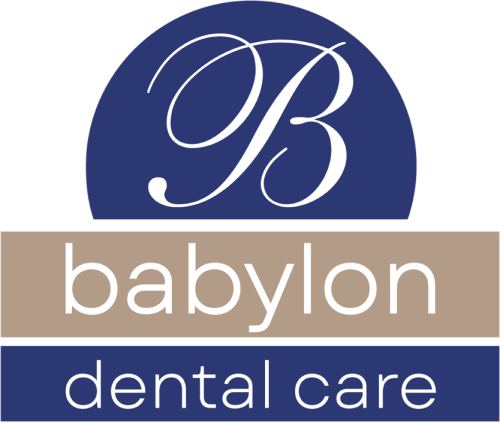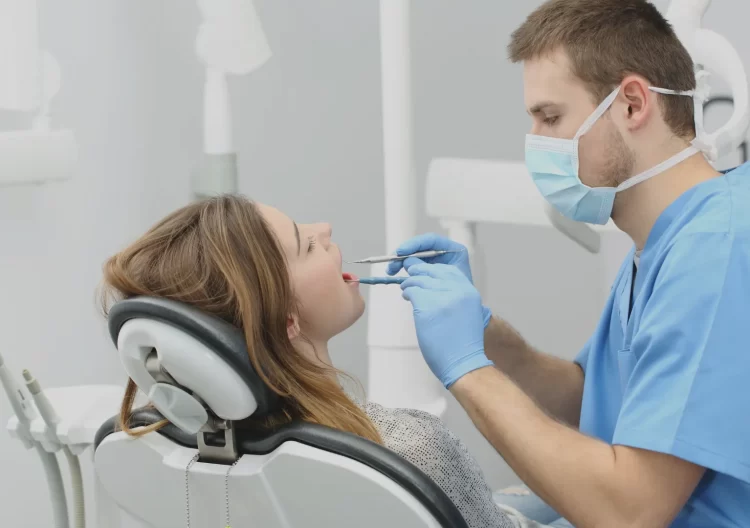Maintaining good oral hygiene is crucial for a healthy smile, but many people overlook one key aspect of it: flossing. While brushing your teeth twice a day is a widely accepted practice, flossing often gets neglected. This small, seemingly insignificant action can make a positive difference in your overall dental health.
Potential Negative Effects of Not Flossing
Not flossing can have serious consequences for both your oral and overall health. Some of the main risks include:
- Gum Disease — Neglecting to floss can cause gum disease like gingivitis, which results in red, swollen gums that may bleed during brushing or flossing. If left untreated, it can progress to periodontitis, a severe form of gum disease that can cause gum recession, bone loss, and even tooth loss.
- Cavities Between Teeth — Without flossing, food particles and plaque remain trapped between teeth, where your toothbrush may not reach. Over time, this buildup can lead to cavities forming in these tight spaces. These cavities can lead to further issues requiring extensive treatments like fillings or root canals.
- Heart Disease — Poor flossing habits can put you at higher risk for cardiovascular issues. Inflammation and bacteria from gum infections can enter the bloodstream, potentially contributing to heart disease, strokes, and other cardiovascular conditions. Regular flossing reduces the risk of gum infections and helps protect your heart.
- Diabetes Complications — People with diabetes are more susceptible to gum disease due to their impaired ability to fight infections. Not flossing can worsen gum health, which can make blood sugar control more difficult. Proper oral hygiene, including flossing, can help reduce the potential gum disease complications.
The Benefits of Flossing
Flossing regularly provides numerous health benefits. Some key advantages of making flossing a daily habit include:
- Cavity and Tooth Loss Prevention—Flossing removes food particles and plaque from between teeth and along the gumline, as well as other areas that your toothbrush cannot reach. Keeping your gums and teeth healthy is crucial for avoiding infection, cavities, and, in extreme cases, tooth loss.
- Inflammation Prevention – Flossing can potentially reduce gum disease and overall inflammation, which can help mitigate certain chronic conditions like arthritis and cardiovascular disease.
- Promotes Healthy Aging – Flossing helps preserve oral health over time and can potentially reduce the risk of cognitive decline and age-related conditions like Alzheimer’s disease.
- Helps Prevent Pregnancy Complications – Pregnant women can be more susceptible to gum disease due to hormonal changes, and flossing regularly can reduce possible pregnancy risks, including preterm birth and low birth weight.
How to Maximize the Benefits of Flossing Properly
Flossing effectively requires proper technique and consistency to get the full benefits. Some useful tips for optimal oral hygiene include:
- Floss Every Day — Plan to floss at least once a day, ideally before brushing your teeth at night, to remove plaque and food particles that accumulate throughout the day.
- Floss Both Sides — Floss both sides of each tooth, even if there isn’t a neighboring tooth, to remove plaque from all surfaces missed by brushing.
- Use Picks or Water Flossers — If using traditional floss is difficult, consider using floss picks, which can be easier to maneuver, especially in hard-to-reach areas. Water flossers are another effective option, particularly for those with braces, dental work, or sensitive gums.
Contact Babylon Dental Care Today
Don’t wait until minor issues turn into major problems. At Babylon Dental Care, we’re here to help you achieve a bright, healthy smile with personalized care tailored to your needs. Whether it’s a routine cleaning, advanced treatment, or enhancing flossing habits, our experienced team is here for you.
Call us at (631) 983-6665 or contact us online to schedule an appointment today.


